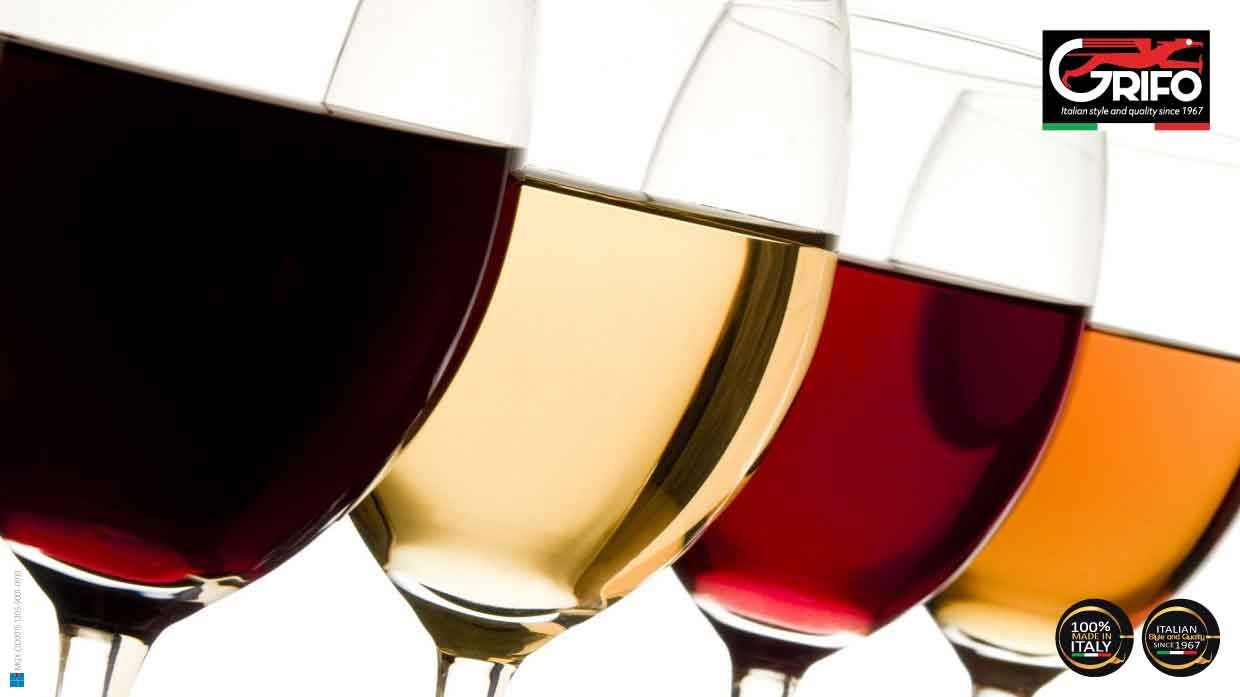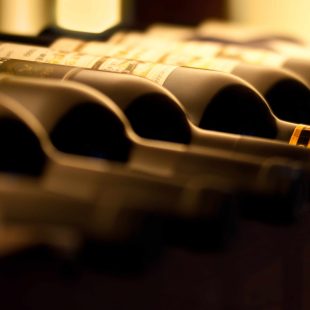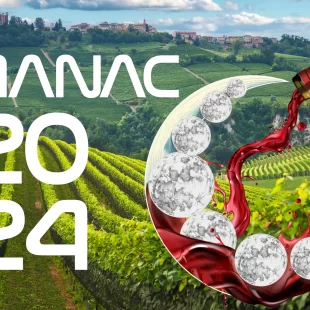Some wine questions: a non-expert manual

Drinking wine to some may seem trivial, but it is an action that hides behind a lot of different and unobtrusive skills that affect all the processes ranging from the vineyard to the bottle from which we are pouring our glass.
Business Insider in 2016 interviewed James Harbertson, a professor of oenology at Washington State University, to try to teach us how to better understand what we are drinking. This was a very timely chat, able to solve many of the less experienced experts on wine.
- Does economic wine hurt?
No. The answer is particularly related to the previous year’s denunciation of arsenic levels in economic wines. There were, firstly, wrong premises that compared levels in wine with those of drinking water. To get negative experiences in this regard you should get to drink at least 2 liters of wine (about 13 glasses), a quizzical amount.
- Is there a difference between a wine that costs 50 euros and one that costs 500?
Yes and No. As long as you only drink it, the difference in the end is not much. The price may come from many different factors such as the type of producer, the grape used, the aging, the quantities produced, and so on. Items that are certainly important to consider but do not necessarily make a cheap wine worse than an expensive bottle. Tasting tests in the dark have shown that the most expensive wines were not considered better than their economic versions, indeed, this emphasizes the importance of the psychological aspect.
- What are tannins and why are they?
Tannins are natural chemicals found in wine but also in other drinks, such as black tea. It is what makes it mellow, giving greater consistency and they are an integral part of all red wines. The reason why they dry our mouth is because they are bound to proteins, such as those of saliva precisely.
- How should I distinguish a floral aroma from a fruity? Why is the perfume important?
Usually the wines enclose many different aromatic nuances that can be very pleasing to recognize. The professor suggests an exercise: dividing fruit juice packs according to flavor, forget which flavors are associated with the candies and resume them trying to guess the taste. The same thing should happen with wine, trying to recognize different flavors, like strawberry, even if I’m not eating the fruit.
Even smell can be very fruity, floral or bodied, which also depends on when the wine has been opened. There are a lot of chemical reactions in the glass that change the aroma due to the air that reacts with the surface and that can also make it go bad.
- Why is there a yeast in the wine?
All the chemicals in the wine have to do with yeast, which metabolizes sugar by turning it into alcohol and that is added during fermentation. Once he has metabolized all the sugars in the bottle, he dies.
- What are sulfites?
Sulphites are a compound present in most wines, and they have a protective action against oxidation, which would result in a worsening of taste. Yeasts produce some of these sulphites. These compounds are also present in some foods, such as preservatives, and some people may be sensitive, in which case the best thing is to avoid them.
- What is the purpose of decanating wine?
Smell and sediment issues. Chemical reactions, especially in older wines, can create solid particles consisting of dead kidney cells, proteins, or other organic compounds. To decant for a while the wine contributes to leaving it on the bottom. With very aromatic wines then it can help to attenuate the flavor.
- Why do we plug the wine?
The cork is great because it fits in the shape of a bottle and is useful for conservation. However, we do not necessarily define a poor wine, one with other type of stopper, some nations, such as New Zealand, are passing on these, so they avoid any bad taste, and they are ideal if you do not have a corkscrew. A screw cap has the same effect as a cork stopper in avoiding air intake.
- Appreciating different types of wine is a genetic issue?
Yes. Our genes affect preference for sweet, bitter tastes, etc., and this is reflected in the choice of wine.
Grifo Marchetti, thanks to his experience in producing oenological machines, offers grape crushers, grape stalk remover, corkers and many other machines that help in self-production and bottling of wine. Continue to follow our site to stay updated on the wine world, visit: www.grifomarchetti.eu






